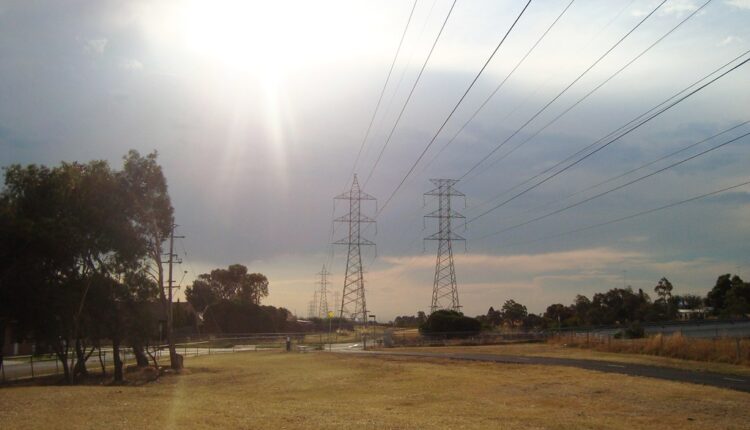Heat waves cost world economy $16 trillion since 1990
The results of the study also highlight issues of climate justice and inequality.
Heat waves caused by climate change, increasingly frequent, long-lasting and intense, will not be a problem in the future, only between 1992 and 2013, extreme heat caused losses of more than 16 billion euros to the world economy.
Heatwave
In addition, according to a study led by Dartmouth University (New Hampshire, USA) and published this Friday in the journal Science Advances. The poorest countries with the lowest carbon emissions have been the ones that have suffered the most from the consequences of these extreme events.
The study, which is one of the first to specifically examine how much heatwaves affect economic output. Concludes that the costs of climate change have so far been completely underestimated.
To make the calculations, the team combined economic data from regions around the world with the average temperature of the five hottest days of the year in each region.
Also Read: Natural farming reduced the cost and increased profit for this farmer of Andhra Pradesh
They discovered that, between 1992 and 2013. Heat waves coincided statistically with variations in the economy. This, is due to the effect of high temperatures on human health. In productivity and agricultural production, more than 16 trillion euros were lost.
Most economically vulnerable nations
In view of these data, the authors call for “immediate” measures to protect the population in heat episodes, especially in the hottest and most economically vulnerable nations in the world.
In addition, “the cost of these adaptation measures should not be evaluated only by their price. But in relation to the cost of doing nothing. Our research has already shown what the price of doing nothing is,” said Christopher Callahan, lead author.
The results of the study also highlight issues of climate justice and inequality.
The study denounces that the economic costs of extreme heat have been and will be borne “disproportionately”. By poor countries (tropics and south) which, moreover, are the ones that have contributed the least to global warming.
Economic losses
Eeconomic losses due to episodes of extreme heat averaged 1.5% of gross domestic product (GDP) per capita in the richest regions of the world. Low-income regions lost 6, 7% of GDP per capita.
The study also reveals that, to some extent, certain regions of Europe and North America – which are among the world’s largest carbon emitters – could theoretically benefit economically from having periods of warmer days.
“We are facing a situation in which those who cause global warming and changes in extreme heat have more resources to be resistant to these changes and, in some rare cases, could benefit from it”, comments the co-author of the work, Justin Mankin.
There is, the study adds, “a huge transfer of international wealth from the world’s poorest countries to the richest through climate change. And that transfer must be reversed.”
Mankin and Callahan conclude that the world’s top emitters should foot much of the bill for adaptation to extreme heat events. As well as help lower-income nations develop low-emission economies.
Sharing the costs of adaptation measures would benefit everyone, Mankin concludes.
Contact us: If farmers want to share information or experiences related to farming with us, then they can do this by calling us on the phone number 9599273766 or by writing an email to kisanofindia.mail@gmail.com or by sending your recording. Through Kisan of India, we will convey your message to the people, because we believe that if the farmers are advanced then the country is happy.

